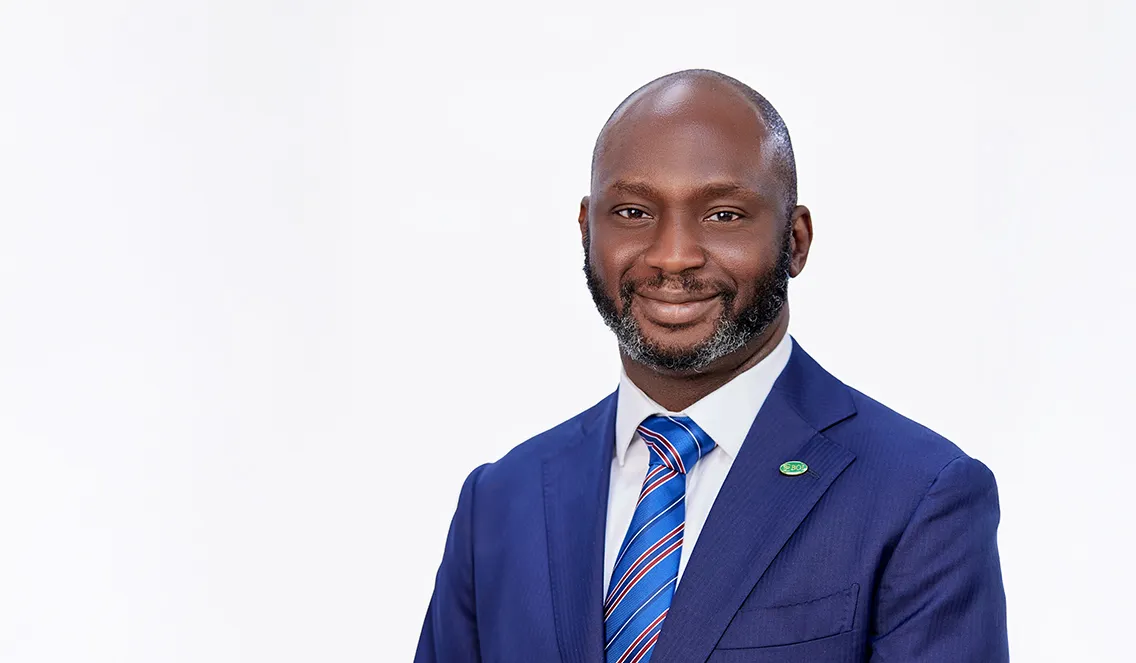
The Bank of Industry (BOI) Ltd is Nigeria’s oldest and largest development financing institution. It was originally incorporated in 1959 as the Investment Company of Nigeria (ICON) Ltd and later transformed into the Nigerian Industrial Development Bank (NIDB) in 1964 under the guidance of the World Bank. Its initial equity was largely held by the International Finance Corporation, alongside other domestic and foreign investors.
In 2001, the bank underwent a major transformation, merging the mandates of NIDB, the Nigeria Bank for Commerce and Industry, and the National Economic Reconstruction Fund to become the Bank of Industry as it is today.
Since then, it has steadily grown, with its authorised share capital increasing from N50bn to N500bn to better execute its mandate, to support the industrial sector by providing financial assistance to large, medium, and small enterprises in the sphere. In 2023, the bank had tier-one capital of $640m, with over $4bn of assets and profits of $114m.
The bank has become an even more critical player in the Nigerian economy as the country undergoes the necessary but painful reforms initiated by President Bola Ahmed Tinubu since he took office in 2023. One of the reforms has been a change in the remit of the Central Bank of Nigeria, which has moved away from the development finance function that it had played previously. This means, according to Dr Olasupo Olusi, BOI’s managing director, who took office in November 2023, that there is even more demand for the type of financing that BOI provides.
“The pressure has now moved to development finance institutions like BOI, to step up to the plate and fill that gap for long-term funding at low interest rates,” he told me in a conversation on the sidelines of the Creative Africa Nexus Weekend in Algiers.
For borrowers, BOI’s rate of 9-12% compares favourably with commercial rates that are currently available, which can be north of 30%.
“We have seen hundreds of billions of naira-worth of applications, much more than we have ever seen,” Olusi reports. The bank’s loans, which also have a longer tenure than typical commercial facilities, are extended to all areas across the industrial sector.
“We provide loans to the agribusiness sector, though not for production itself [that is farmers]. We also field applications from manufacturing, digital businesses, aviation, infrastructure, climate and sustainability projects and also from the extractive business, as well.” From all these sectors, Olusi says, there has been an increase in the demand for the long-term, low interest money from BOI.
Boosting the creative sector
The bank is supporting Nigeria’s burgeoning creative sector, which is why Olusi was at CANEX, a gathering of the continent’s creative heavyweights underwritten by the African Export-Import Bank.
“It’s one of the sectors that has been identified as capable of driving growth and job creation in Nigeria,” he says, noting the entrepreneurial spirit of the nation’s economy, which is heavily driven by young people in startups and innovative firms and which has seen significant expansion, especially in film and music. “If you look at Nigeria’s footprint now in film, music, globally, it has increased significantly over the years.”
BOI has extended a supporting hand to the sector, with a number of very important projects, such as the establishment of a film fund and other creative economy initiatives. A significant project is the $640m Investment in Digital and Creative Economy Project (IDICE), supported by the African Development Bank, Agence Française de Développement, the Islamic Development Bank, and the Nigerian government. “This initiative is really to catalyse the development of the creative economy, as well as the digital economy, tech and others,” he says.
Returning to day-to-day banking, he says that despite a growing loan book, the bank’s non-performing loans are well within the industry margin. “Our NPL is still around 2% and that’s a very good thing, given the fact that the expected benchmark from the Central Bank is about 5%.”
He credits this to the bank’s robust risk management protocols. “We manage our risks very effectively, using either a legal model for the small loans or a commercial bank guarantee for larger ones. That has helped us to insulate our loan book from many risks of defaults from the private sector side.”
He says the increased demand for financial products is evidence that the underlying fundamentals of the Nigerian economy remain strong, despite the apparent headwinds. “We’ve seen massive investments in very significant projects in infrastructure, power, manufacturing and across all the various sectors of the Nigerian economy. That is very encouraging. It tells you that there’s a strong appetite for investment. There’s a strong appetite for Nigeria and there’s a strong outlook for economic growth.”
Taking on a catalytic role
How does he see the role of development finance institutions (DFIs) now that governments are cash-strapped and fiscally constrained? Olusi believes that they need to play a catalytic role to bring in more finance – and work with commercial banks to reduce the cost of credit for businesses.
“We will also continue to work with commercial banks because they are a very important component in the work that we do to support the private sector. They have a role to play in the risk mitigation of our loan book. And they also have a role to play in the monitoring and evaluation of the success of many of the projects that we invest in.”
The relationship between BOI and Nigeria’s commercial banks, he says, is very much symbiotic and he believes the commercial banks are doing their bit to support the country’s MSMEs, which account for vast swathes of the country’s economy. He argues that Nigeria’s commercial banks are working within their risk limitations and continue to provide funding that supports the economy.
The federal government commitment to the sector is equally important. It has set up a N200bn ($120m) fund to support micro enterprises and SMEs. “So there’s a lot going on for the MSME segment in the Nigerian economy,” Olusi points out.
Olusi clarifies that growing demand from the market is responsible for the expanding loan book, rather than explicit instructions from the federal government or the Central Bank. The Central Bank, however, is committed to supporting DFIs to meet the gap in the market created by its own withdrawal from that space, and is exploring various instruments to capacitate and strengthen Nigerian DFIs.
BOI itself has been making efforts to boost its capital, with a successful Eurobond issue. Olusi says the bank is in the second phase of a global syndication, which is set to conclude soon. “The first phase, the senior phase, ended recently, and we were able to raise about €1.425bn,” he reveals, adding that this was closed around three to four weeks ago.
The bank, he says, has a solid plan to continue engaging in global syndications, collaborating with DFIs such as the AfDB to secure long-term loans for deployment into the Nigerian economy.
The successful issue is reflective of interest that the bank is getting, resulting in rates that, while he will not share the details, were “significantly reduced due to the African Finance Corporation and central bank guarantees around it.”
The bank is attracting investments from at least 60 relationship banks from regions such as the Middle East, Europe, the Far East, China, and India. “We have a very well-diversified portfolio of investors globally,” he says, adding that “our recent syndication saw nearly a 70% oversubscription, which is certainly good news for us and demonstrates strong investor confidence in the Bank of Industry and the Nigerian economy.”
With such responses, Olusi is sanguine about the prospects for the bank and the Nigerian economy, but is clear about the work that needs to be done. “We will continue to be strategic,” he says, noting that BOI has identified six critical thematic areas for investment: youth and skills, climate and sustainability, gender, infrastructure, digital transformation and technology, and MSMEs.
“We need to upscale our investments in those six thematic areas, which are very, very important for the Nigerian economy going forward. This is why we have gone out globally to raise the resources we need to ensure that private enterprises in those sectors are going to thrive,” he notes.
The Bank of Industry, Nigeria’s oldest DFI, has managed to renew itself over the decades by adapting to changing conditions while remaining faithful to its founding principles. It can confidently look forward to serving the nation over the coming decades.
Want to continue reading? Subscribe today.
You've read all your free articles for this month! Subscribe now to enjoy full access to our content.
Digital Monthly
£8.00 / month
Receive full unlimited access to our articles, opinions, podcasts and more.
Digital Yearly
£70.00 / year
Our best value offer - save £26 and gain access to all of our digital content for an entire year!

 Sign in with Google
Sign in with Google 



